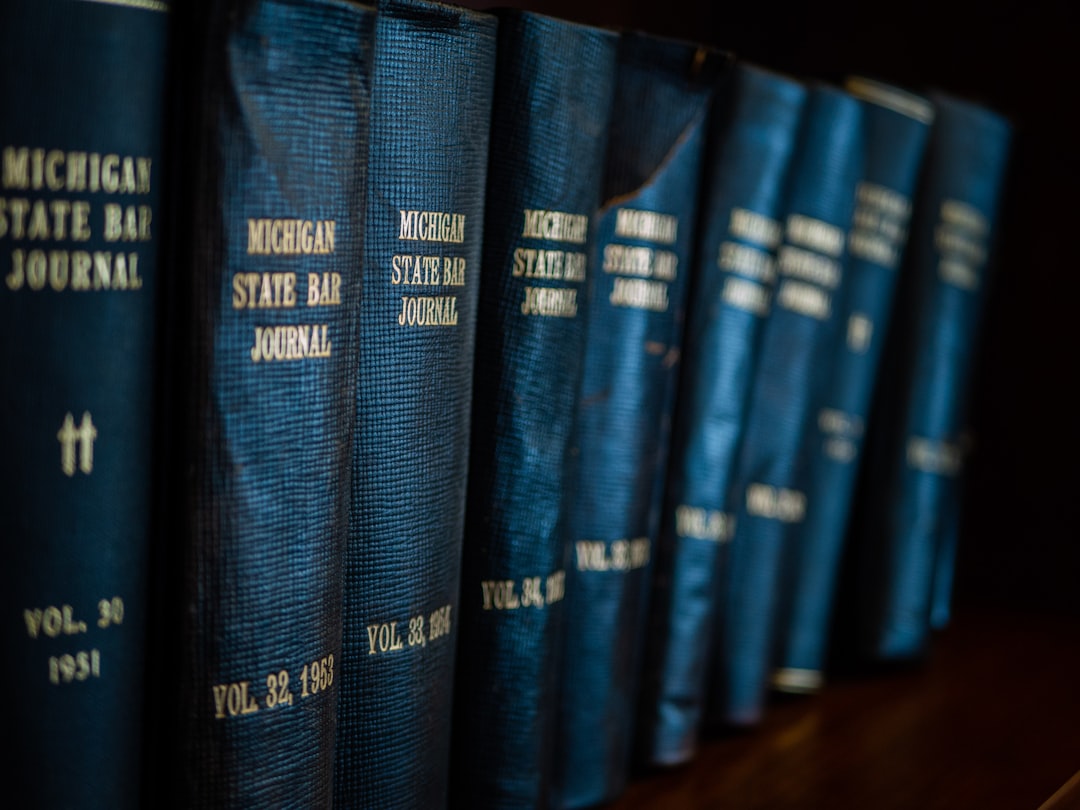Language barriers in Hudson County child abuse cases impede investigations and legal proceedings, making it harder for victims to come forward. A specialized child abuse law firm in Jersey City, NJ, tackles these issues by employing interpreters, providing multilingual resources, and offering culturally sensitive representation. Their multi-faceted approach, including remote interpretation, technology tools, and comprehensive guides, enhances accessibility, builds trust, and ensures justice for all clients, regardless of language background.
Language barriers pose significant challenges in Hudson County, New Jersey, particularly within child abuse cases. This complex issue impacts victims’ ability to seek justice and receive adequate support. The article explores these barriers, delving into their effects on both victims and legal proceedings. We offer insights into strategies that local child abuse law firms can implement to overcome communication hurdles, ensuring better outcomes for clients. By addressing these challenges, the goal is to enhance services for vulnerable children in Jersey City, NJ.
Understanding Language Barriers in Child Abuse Cases

Language barriers can significantly impact the outcome of child abuse cases in Hudson County, New Jersey. When a non-English speaking parent or caregiver is involved, effective communication becomes a critical challenge. This barrier can hinder the flow of essential information between law enforcement, social services, and the legal system, potentially delaying investigations and support for the victims.
A child abuse law firm in Jersey City, NJ, that specializes in these cases must be equipped to navigate these complexities. They employ interpreters, provide multilingual resources, and ensure cultural sensitivity to offer adequate representation. By addressing language barriers head-on, these firms can guarantee that all parties involved have a fair chance at justice, ultimately contributing to safer and healthier outcomes for the children affected by abuse.
The Impact on Victims and Legal Proceedings

Language barriers can significantly impact child abuse cases in Hudson County, affecting both victims and legal proceedings. When a victim or witness speaks a language other than English, effective communication becomes a challenge. This barrier can deter individuals from coming forward to report abuse, as they may feel uncomfortable or uncertain about their ability to convey their experiences clearly. As a result, crucial information might remain undisclosed, hindering the investigation and potential prosecution of abusers.
In legal proceedings, these barriers can create additional complexities. Court cases involving non-English speaking victims may require interpreters to ensure everyone understands the process and can participate effectively. However, language differences can lead to misunderstandings, misinterpretations, or even mistranslations, potentially affecting witness testimony and the overall outcome of the case. A child abuse law firm in Jersey City, NJ, that specializes in these matters is equipped to navigate such challenges, providing legal representation tailored to address the unique needs of diverse communities.
Strategies for Overcoming Communication Challenges at Law Firms

At law firms specializing in child abuse cases in Jersey City, NJ, effective communication is paramount to ensuring justice for all clients, regardless of their linguistic background. To overcome language barriers, these firms employ a multi-faceted approach. They often hire legal professionals and support staff who are fluent in various languages, facilitating real-time translation during meetings and court proceedings. Additionally, utilizing interpretation services both in-person and remotely allows for clear communication with clients, witnesses, and other legal experts.
Technology plays a crucial role as well, with the adoption of video conferencing tools that include built-in translation features, making it easier to connect with remote clients or specialists. Law firms also maintain extensive resources, such as glossaries and cultural guides, to ensure accurate transmission of legal terms and concepts in diverse languages. These strategies not only enhance accessibility but also strengthen the firm’s ability to build trust and deliver exceptional legal representation for child abuse cases.





